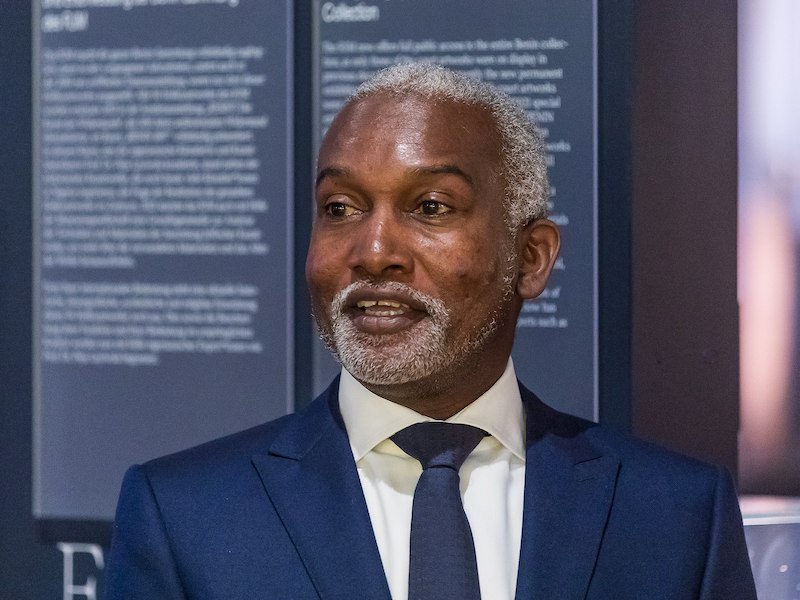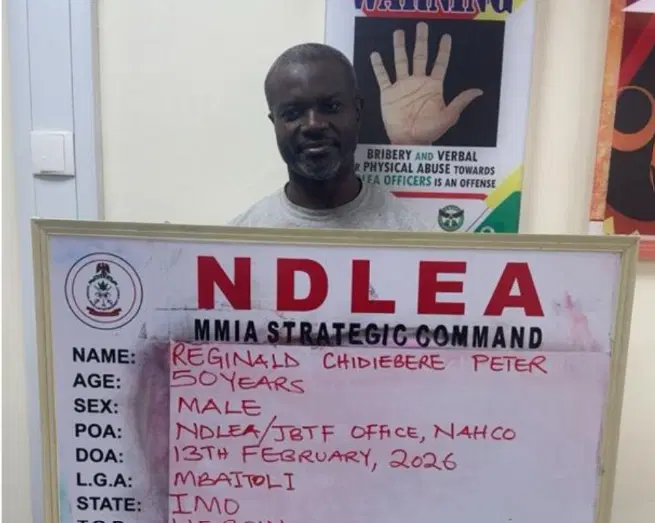The African Union has called upon Arabian countries to reinvigorate their investment and trade engagements across the African continent, as emphasized by Mr. Moussa Faki, Chairperson of the African Union Commission, during the 33rd session of the Arab Summit held in Bahrain, concluding on May 16, 2024.
Addressing stakeholders from Arabian nations at the summit, Faki underscored Africa’s expectations for heightened collaboration in advancing joint Arab action and fostering the African-Arab partnership to realize shared priorities and aspirations.
The AU’s tweet on Saturday echoed Faki’s sentiments, highlighting the importance of robust economic cooperation between Africa and Arab nations. The Africa-Arab partnership, ratified in 1977, serves as a framework for economic collaboration, encompassing nine African states, including Egypt and Morocco, within the Arab League.
Faki’s call for enhanced economic investments in Africa is rooted in the region’s vast potential and the strategic imperative for fostering economic opportunities. The Middle East and North Africa (MENA) regions are globally renowned for their abundant natural resources, boasting over 60 percent of the world’s proven oil reserves. Notably, oil represents a significant portion of merchandise exports from the Arabian region, according to a World Bank report.
Acknowledging the contributions of institutions such as the Islamic Development Bank, the Arab African Development Bank, and the Arab Finance and Development Funds in Africa, Faki emphasized the need to elevate the Arab-Africa partnership to reflect the depth of historical relations and multifaceted dimensions between the two regions.
Furthermore, amidst escalating tensions between Israel and Palestine, Faki urged for peace and humanitarian support, emphasizing the need for global intervention to halt the conflict and alleviate the humanitarian crisis.
The summit, presided over by Bahrain’s King, Hamad bin Isa Al Khalifa, endorsed the Bahrain Declaration, affirming Arab states’ commitment to fostering strategic economic relations with Africa at the global level. The declaration underscores the mutual interests and benefits inherent in building economic partnerships and achieving comprehensive development to meet the aspirations of both Arab and African peoples.
Over the years, Middle Eastern countries have strengthened economic cooperation with Africa through initiatives such as the Arab Bank for Economic Development in Africa (BADEA), facilitating sustained collaboration and development endeavors between the two regions.










